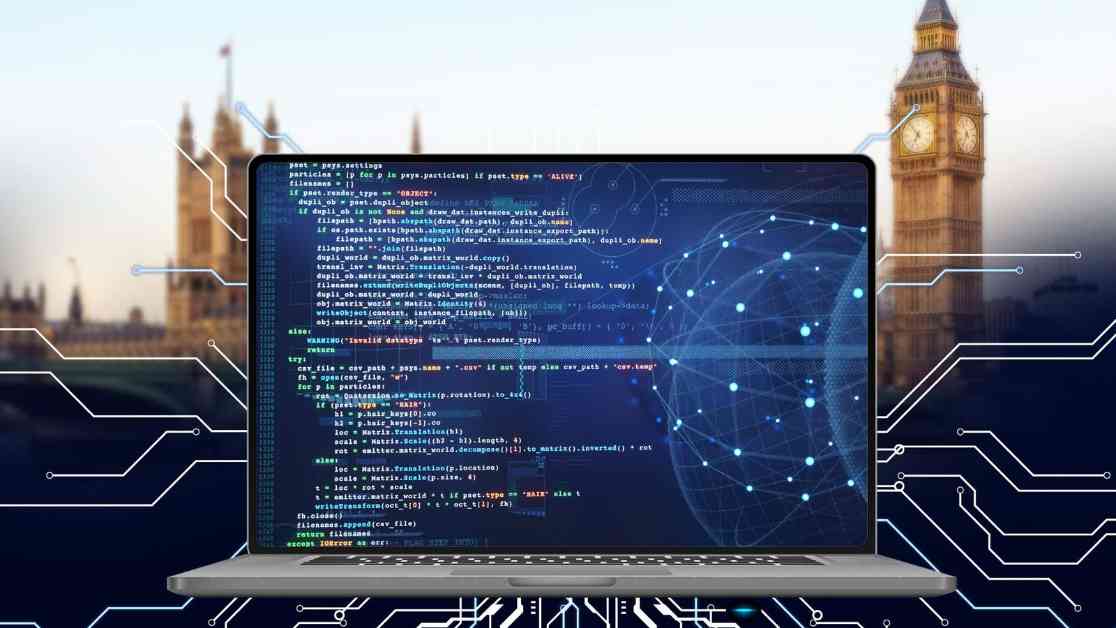The Parliament’s digital services department (PDS) is currently looking into the potential benefits of utilizing Microsoft’s CoPilot Artificial Intelligence (AI) tool to assist MPs in managing their workload more efficiently. This tool, equipped with features similar to ChatGPT, can draft emails, take notes during calls, create presentations, and even draft documents from scratch.
Labour MP Nick Smith has mentioned that PDS is actively exploring the use of AI tools to help MPs and their staff handle day-to-day administrative tasks and fulfill their constituency duties. While the specifics of how this AI assistance will be implemented are not entirely clear, there is a growing interest in leveraging AI to streamline processes and improve productivity.
MP Chi Onwurah highlighted the importance of using AI to enhance productivity rather than to slack off. She shared that a significant amount of time is spent filtering through emails, including hate mail and spam, which could be better utilized for more meaningful work. By incorporating AI to manage these administrative tasks, MPs like Onwurah could focus on engaging in debates and connecting with constituents.
Concerns have been raised about the increasing demand for support in areas like housing and benefits, leading to the possibility of constituency emails being overlooked. While AI can assist in managing emails and appointments, it is crucial to ensure that it is used judiciously for administrative purposes and not as a means to avoid engaging in critical thinking or decision-making processes.
The use of AI in parliamentary settings is part of a broader global discussion on the benefits and risks associated with this technology. While AI can offer valuable assistance in various tasks, there are concerns about job displacement and the spread of misinformation. The Parliament is taking a proactive approach by conducting a cost-benefit analysis of AI tools like CoPilot and exploring other opportunities for integrating AI within parliamentary operations.
Other countries have already begun using AI to enhance parliamentary functions, such as tracking attendance, drafting legal texts, and providing assistance to users with queries. By actively exploring the potential applications of AI and establishing guidelines for responsible and safe usage, the Parliament aims to leverage technology to improve efficiency while addressing any potential risks associated with its implementation.




